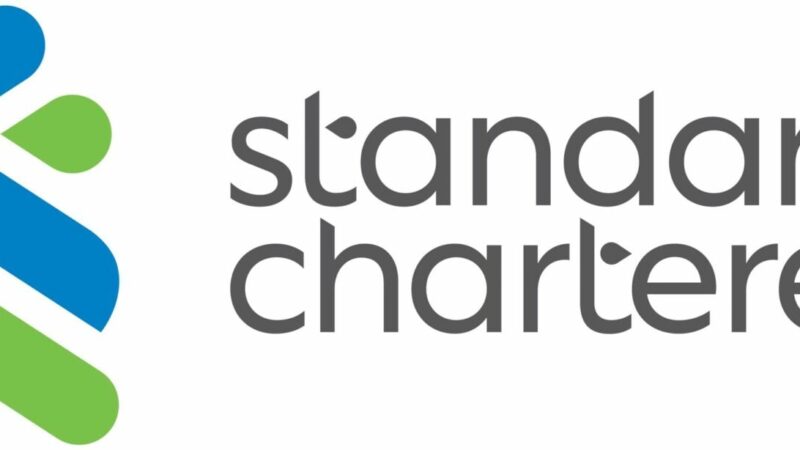Credit to economy rises 2% to N114.7trn
 Financial sector’s credit to the economy grew Month-on-Month (MoM) by two percent to N114.7 trillion in February 2024 from N112.4 trillion in January 2024.
Financial sector’s credit to the economy grew Month-on-Month (MoM) by two percent to N114.7 trillion in February 2024 from N112.4 trillion in January 2024.
A breakdown of the Money and Credit Statistics report published by the Central Bank of Nigeria, CBN, yesterday show that banks’ credit to the private sector increased MoM by six percent to N80.8 trillion in February from N76.2 trillion in January.
The report, however, stated that credit to the government fell MoM by 6.3 percent to N33.9 trillion in February from N36.17 trillion in January.
Despite the fall in credit to the government, the country’s recent debt profile data published by the Debt Management Office, DMO, showed that public debt stood at N97 trillion in the fourth quarter of 2023 (Q4’23), representing a 10 percent increase from N87.8 trillion in Q3’24.
According to DMO, the increase in the debt stock was largely due to new domestic borrowing by the Federal Government to part finance the deficit in the 2024 Appropriation Act and disbursements by multilateral and bilateral lenders.
However, analysts at Cowry Asset Management limited expressed concern about the ongoing fiscal challenges faced by state governments.
They noted that the challenges are due to low revenue as against increased expenditure and debt servicing.
They added: “The lower revenue distributions experienced relative to their total expenditure underscore the inadequacy of available funds, especially amidst efforts to mitigate the effects of the country’s rising cost of living and fiscal pressure.
“This pressure is primarily driven by the relentless growth in expenditure profiles and the weighty burden of servicing existing debts.
“These factors collectively contribute to the challenging fiscal landscape facing Nigeria’s governmental entities.
“Looking ahead, there’s a possibility of an increase in gross federally collected revenue, denominated in naira.
“This potential boost is expected to stem from the continued depreciation of the naira.
“However, despite this anticipated rise in nominal revenue, both the Federal Government and state governments are likely to continue grappling with significant fiscal pressure.”







